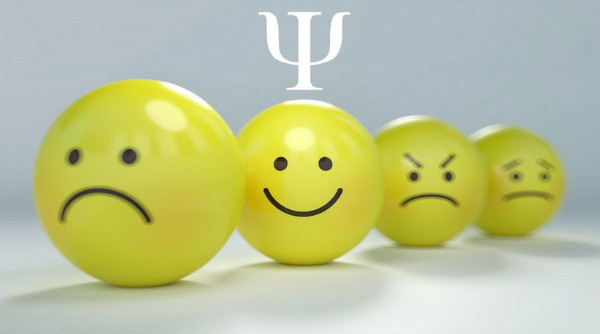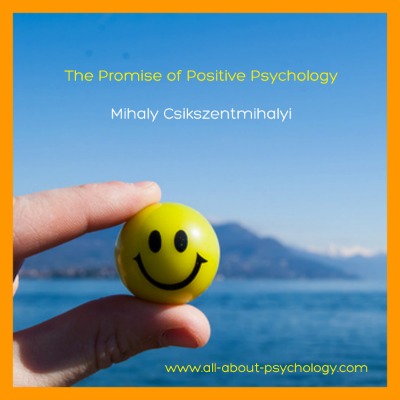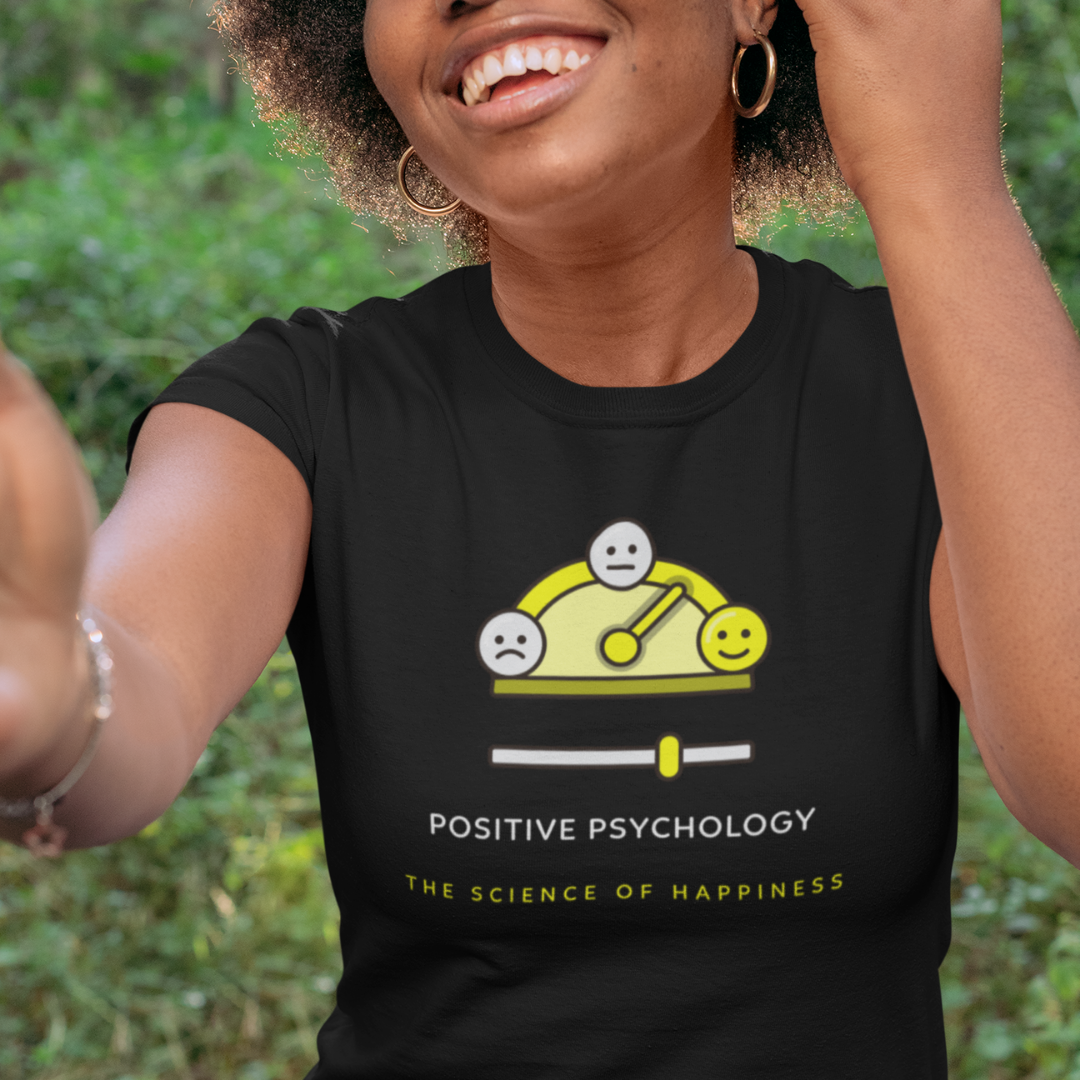Positive Psychology
What is Positive Psychology?
The Positive Psychology Center at The University of Pennsylvania, defines positive psychology as the scientific study of the strengths and virtues that enable individuals and communities to thrive. To appreciate the levels at which positive psychology operates we can turn to the thoughts of two of the leading commentators on the subject Martin Seligman and Mihaly Csikszentmihalyi, who note that:
"The field of positive psychology at the subjective level is about valued subjective experiences: well-being, contentment, and satisfaction (in the past); hope and optimism (for the future); and flow and happiness (in the present). At the individual level, it is about positive individual traits: the capacity for love and vocation, courage, interpersonal skill, aesthetic sensibility, perseverance, forgiveness, originality, future mindedness, spirituality, high talent, and wisdom. At the group level, it is about the civic virtues and the institutions that move individuals toward better citizenship: responsibility, nurturance, altruism, civility, moderation,tolerance, and work ethic."
Interview With Mihaly Csikszentmihalyi
See following link for a fascinating interview with the late, great Mihaly Csikszentmihalyi, in which he shares the stories behind his scientific interests, sources of scientific ideas and the process of promoting the concepts he had written about.
Interview With Mihaly Csikszentmihalyi
Embrace Your Superpower
Dr. Robert Zeitlin is a positive psychologist specializing in coaching parents to "do less and enjoy more" with their kids. He is the author of "Laugh More, Yell Less: A Guide to Raising Kick-Ass Kids." In this excellent TED talk, Dr. Zeitlin speaks about how you can be your best self and "embrace your superpowers."
Quality Positive Psychology Resources
The mission of the Positive Psychology Center (PPC) at the University of Pennsylvania is to promote research, training, education, and the dissemination of Positive Psychology. The PPC is internationally recognized for empirical studies in Positive Psychology and resilience and the Center’s scholars are world-renowned experts in the fields of Positive Psychology, resilience, and grit.
Click Here to check out this must visit and bookmark website.
Click Here to download and read a very insightful article on positive psychology by Mihaly Csikszentmihalyi.
This Positive Psychology T-Shirt is available from Amazon (prime eligible) in a range of colors for women and men. Sales help support this website, which has been providing free and comprehensive information and resources for psychology students and educators since 2008.
Recent Articles
-
Psychological Impact of Catastrophic Injury & Recovery
Feb 17, 26 02:26 AM
Explore the psychological impact of catastrophic injury, including trauma, identity shifts, resilience, and long-term mental health recovery. -
Psychology Articles by David Webb
Feb 10, 26 06:31 AM
Discover psychology articles by David Webb, featuring science-based insights into why we think, feel, and behave the way we do. -
Music and Memory: How Songs Shape Identity, Emotion, and Life Stories
Feb 10, 26 06:25 AM
How music and memory intertwine to preserve identity, evoke emotion, and anchor life stories. A psychological look at playlists, nostalgia, and the brain.
Please help support this website by visiting the All About Psychology Amazon Store to check out an awesome collection of psychology books, gifts and T-shirts.
Go Back To The Types of Psychology Page
Go From Positive Psychology Back To The Home Page










New! Comments
Have your say about what you just read! Leave me a comment in the box below.